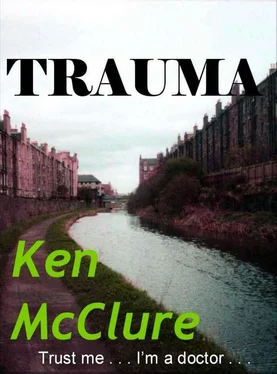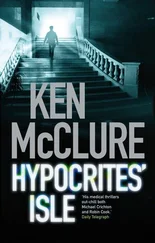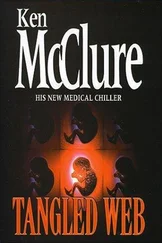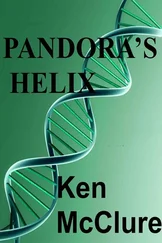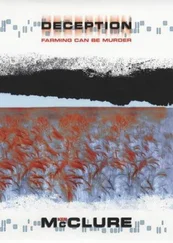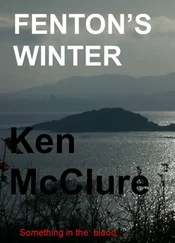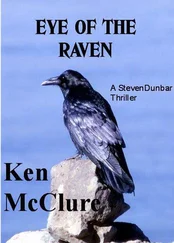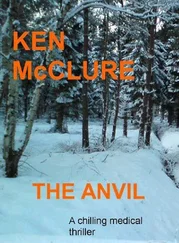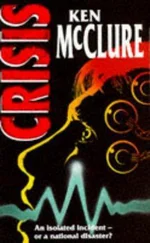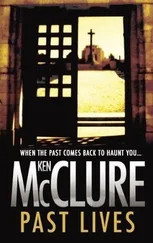We all labour against our own cure, for death is the cure of all diseases.
Sir Thomas Brown (Religio Medici)
1605–1682
1993
John Main climbed to the top of the hill and turned to look out over the city to the Firth of Forth and the hills of Fife beyond. He was out of breath from the climb and his hands were muddy from the hard scramble over wet ground. It had started to rain again but it didn’t matter. Nothing mattered. He wasn’t sure what he was looking for up here, but it had something to do with perspective. The only other thing he knew was that he hadn’t found it.
In his heart he knew that he wouldn’t find it here, but he had to go along with his instincts. He found a boulder and sat down. It was wet and covered with moss, but that didn’t matter either. Slowly the Forth and the hills disappeared from view as rain clouds drifted in from the west to obscure the horizon and foreshorten his view. Colours were lost as a universal greyness crept over the city. From here he could see the hospital that had played such a major role in his tragedy.
Tragedy? Was that the right word? Was there a right word for what he was feeling? If there was, he couldn’t think of it. Words described events that could be defined. He needed something to describe the complete destruction of his life, his family and all he held dear in the world.
He couldn’t see the A&.E department of the hospital from his view point — it was on the other side of the building and it was too far away — but he knew it was there and it would be busy because it always was. Ambulances would be coming and going, trolleys would be taking breaks and fractures to X-Ray. Cubicle curtains would hide stitching and dressing from anxious relatives. Why? Why hadn’t it all stopped after that awful night when the ambulance had brought the three of them in from the cold, wet motorway with Mary’s beautiful body broken beyond repair, Simon deeply unconscious and he himself with... cuts and bruises. He had been the driver, and all he had sustained were cuts and bruises. He lifted his face to the sky at the almost unbearable thought. Was that some unseen deity’s idea of a sick joke? He could still see the consultant’s face when he had told him formally that Mary was dead. The man hadn’t known it, but he was pronouncing a death sentence on John himself. He was condemning him to a living death, a living hell of loneliness and pointlessness stretching out before him like an endless desert.
“And Simon?” he had asked. “He’s very ill. It’ll be a couple of weeks before we can say for sure.”
The weeks had passed and fate had played the final joke on him. It had invited him personally to take the final irrevocable step in the completion of his agony. The man in the white coat, a different one this time, had told him gravely that Simon had no discernible brain function. Machines were keeping his three-year-old body ventilated and nourished but Simon was, to all intents and purposes, dead. Could they turn the machines off?
“Yes.” The word echoed through Main’s head like an accusation. Such a small word: it was what Mary had said when he’d asked her to marry him. It was the word that had brought them both such joy when he asked her if she was pregnant. It was what the bank manager had said when they wanted to move to a bigger house, and what his sister had said when he asked her if she and her husband would look after Simon for a few days to let him take Mary off to Paris to celebrate their wedding anniversary in a few weeks’ time. Now, the word had changed: he had just killed his son with it.
Two crows fluttered down to earth some thirty feet away and captured his attention. It soon became apparent that they had returned to the body of a dead rabbit. Main remembered them rising from the hill when he’d arrived at the summit. They had been waiting to return to the feast and had now decided, in spite of his continuing presence, that it was safe. Main watched as they pecked at the body, spreading their wings to maintain balance as they grew in confidence and increased their efforts to eviscerate the corpse. Two more birds swooped down on the scene like collapsing umbrellas and a squabble broke out. How different it all was from the Disney scenes depicted on Simon’s wallpaper at home — anthropomorphic rubbish which they’d all embraced happily in their ignorance of what was about to happen. That must be why everything was going on as normal down in the city, thought Main.
They didn’t know what reality was all about. His looked again to that part of the city where the hospital was situated. He knew that the staff there meant well and did their best. None of this was their fault. In fact, when it came right down to it, he couldn’t really understand why he hated everything and everyone.
Edinburgh, 14th February,1993
McKirrop could feel the hot soup inside his belly like an island of warmth in the hollowness that lived there. He lingered over the last mouthful of bread as long as he could before getting up slowly and stiffly to his feet. He buttoned up his coat laboriouslyand started towards the door. It was time to face the cold again. Rules were rules and the rule was that you moved on again as soon as you’d finished eating. The hall was too small for socialising and the queue got longer every week, not that the place itself was overly warm or inviting but at least it afforded some respite from the icy east wind that plagued this city. McKirrop grunted a word of thanks to the Salvation Army girl who stood by the door.
“Take care,” she said as he passed. “See you on Wednesday.”
McKirrop looked at her and then quickly back at the ground in front of him. “How come they all wear thick glasses,” he wondered.
The wind caught his left cheek as he stepped outside on to the wet pavement so he turned to the right. Having nowhere to go afforded him that option. He heard someone call out his name but ignored it until it was shouted again and he heard footsteps come up behind him. It was Flynn. He had seen him in the hall, some way back in the queue, but had pretended not to.
“Where the hell have you been?” asked Flynn. “Everybody’s been asking about you. Bella’s been pining for you.” Flynn punctuated his remark with a burst of bronchitic laughter. He was a full head shorter than McKirrop with an unkempt mane of long greying hair which gave him a wild gypsy look. Both men were bearded and well past being taken for anything other than the down-and-outs they were.
“I’ve been away,” grunted McKirrop.
“You come into money or something?” demanded Flynn.
“Sure. I just choose to dine with the Sally Ann out of personal preference,” replied McKirrop sourly.
Flynn exploded into laughter again. “You’re a card you are,” he said. “I like it when you speak like that.”
McKirrop didn’t reply. He just looked at Flynn distantly as if thinking of something else.
“So you’ll be back down the canal tonight.”
“Maybe.”
“You’re up to something,” accused Flynn, narrowing his eyes.
McKirrop smiled vaguely and shook his head. “Nothing like that,” he said.
“Well it’s your loss if you don’t,” said Flynn, pulling up his collar and shrugging his shoulders up round his ears. “Figgy and Clark have got a bit of geld together. They’re going to get in a few bottles and we’re going to celebrate Bella’s birthday.”
“Bella’s birthday?”
“It’s tomorrow. She’s been telling us for days.”
“How old?”
“Christ, I don’t know!” exclaimed Flynn. “Who cares?”
Читать дальше
